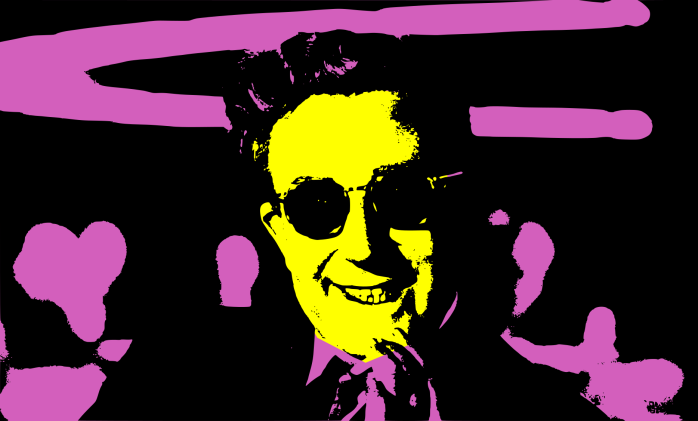
Who is an expert? What qualities in a person defines them as an expert? The dictionary meaning of an expert is
a person who is very knowledgeable about or skilful in a particular area
But how do we know if a person is knowledgeable or skilful in a particular area? A simple way to answer this question is “expert is one who has expertise!”. But this really does not tell us anything (or it does?) about the nature of expertise. One better way to characterise expertise would be if we know by some objective manner that a particular person is an expert. One such way can be to look at the educational qualifications of the person under question. For example, if someone says “You can ask her any question about stars. She has a PhD in stellar astrophysics.” you take on authority of the person telling you and the fact of having a PhD that the person is indeed an “expert”. This is because PhD requires detailed study (at least of a part of the subject area) and we assume that people who have this degree also have a sufficient expertise. PhD holders are highly educated is the claim. Hence most of the experts would be PhD holders in their respective fields. But having a PhD is no guarantee that the person indeed is an expert in the field of study. This is what Frederick Reif has to say about it in his article Interpretation of Scientific Concepts:
Quite a few physics graduate students, and even some physics professors, make mistakes and arrive at wrong answers. Indeed, some experts’ performance resembles that of novices. Such observations indicate that nominal experts (i.e., persons designated as “expert” by virtue of their degrees, A. titles, or positions) can differ very widely in their actual competence. (To paraphrase George Orwell, some experts are much more equal than others). This should be a warning about the interpretation of many cognitive studies where “experts” are selected by purely nominal criteria, without specifying adequately the nature of their actual expertise.
This I feel is a case for normative vs. descriptive dichotomy. The position or degree of a person gives them the virtue of being an expert, but it does not guarantee it. And when we decide our policies based on the expertise of the experts which may not be a true expertise or maybe inherently biased. Perhaps this is one of the reasons that we have flawed policies in the first place. Though, Dr. Strangelove (Dr. suggesting a PhD) was an expert!
But are there experts who do not have a PhD or educational qualifications? Yes! Not all knowledge or skills can be concretised in the form of degrees. Most of the knowledge is tacit in nature, which comes from experience. It doesn’t matter if you have a PhD in theoretical hydrodynamics, fixing that leaking tap requires a different type of skill and knowledge. Cooking is another area where knowledge is tacit. Unless you start cooking, you can’t be called an expert cook!

